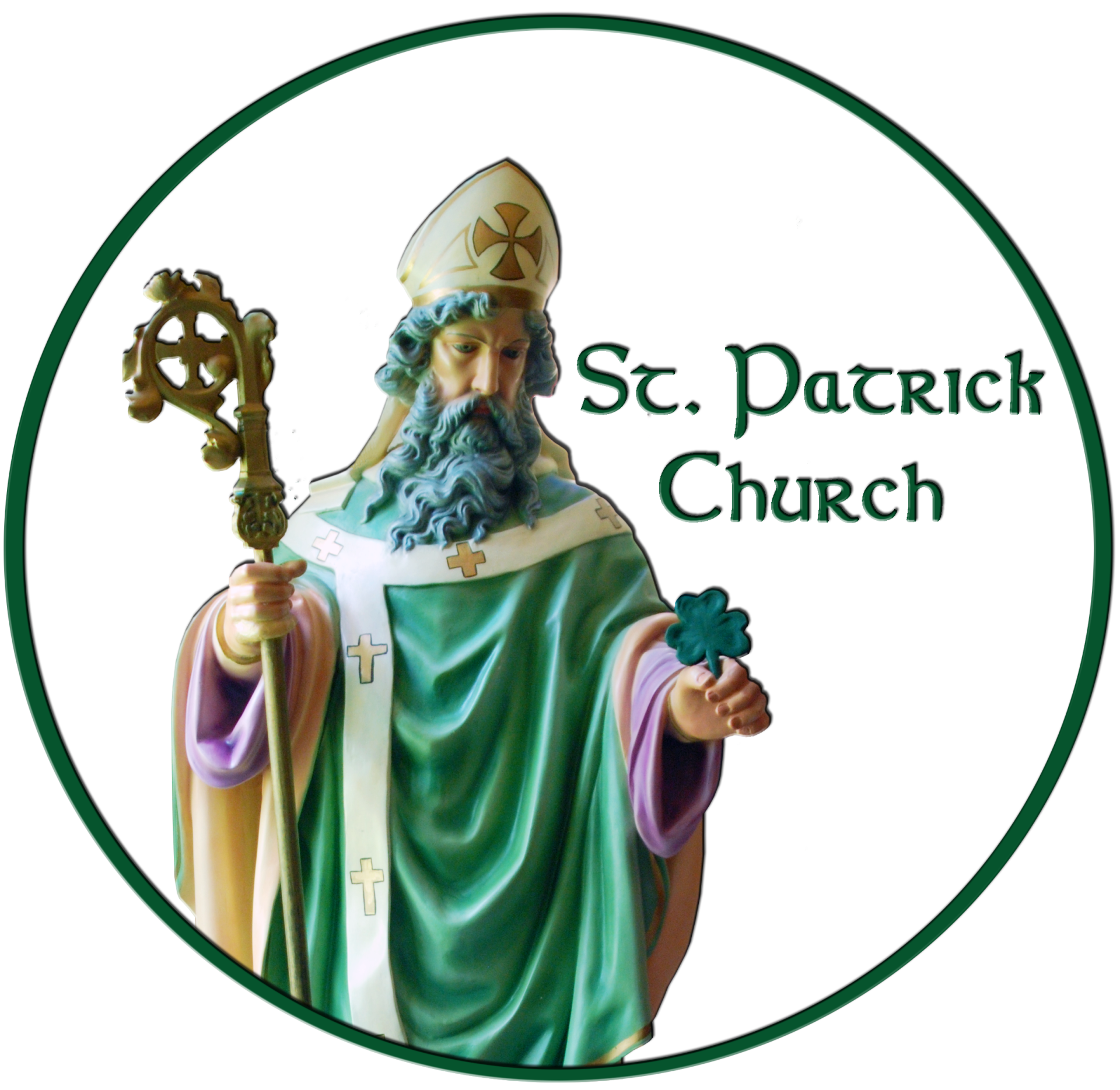Holy Orders
and like living stones be yourselves built into a spiritual house, to be a holy priesthood, to offer spiritual sacrifices acceptable to God through Jesus Christ. (1 Peter 2:5)
"Holy Orders is the sacrament through which the mission entrusted by Christ to his apostles continues to be exercised in the Church until the end of time…It includes three degrees of order: episcopate, presbyterate, and diaconate" (CCC 1536). Deacons, priest and bishops are essential to the Catholic Church because we believe that they continue the work begun by the apostles.
Since the beginning, the ordained ministry has been conferred and exercised in three degrees: that of bishops, that of presbyters, and that of deacons. The ministries conferred by ordination are irreplaceable for the organic structure of the Church: without the bishop, presbyters, and deacons, one cannot speak of the Church. (CCC 1593)
Ordination is the rite at which the Sacrament of Holy Orders is bestowed. The bishop confers the Sacrament of Holy Orders by the laying on of hands which confers on a man the grace and spiritual power to celebrate the Church’s sacraments.
The sacrament of Holy Orders is conferred by the laying on of hands followed by a solemn prayer of consecration asking God to grant the ordained the graces of the Holy Spirit required for his ministry. Ordination imprints an indelible sacramental character. (CCC 1597)
Who Receives Holy Orders?
The Church confers the sacrament of Holy Orders only on baptized men (viri), whose suitability for the exercise of the ministry has been duly recognized. Church authority alone has the responsibility and right to call someone to receive the sacrament of Holy Orders. (CCC 1598)
In the Latin Church the sacrament of Holy Orders for the presbyterate is normally conferred only on candidates who are ready to embrace celibacy freely and who publicly manifest their intention of staying celibate for the love of God's kingdom and the service of men. (CCC 1599)
The Second Vatican Council reminds us that the mission of ordained clergy, while unique, is interrelated to the mission of the lay faithful:




